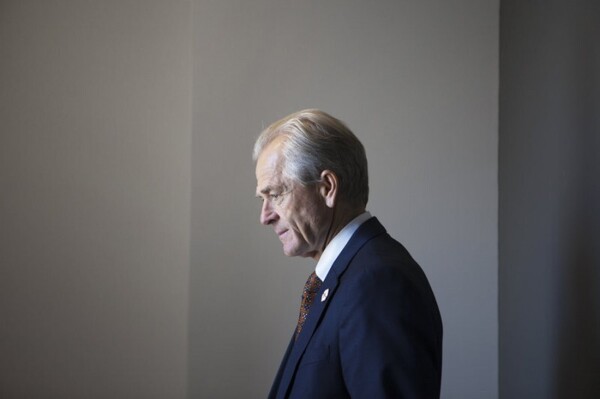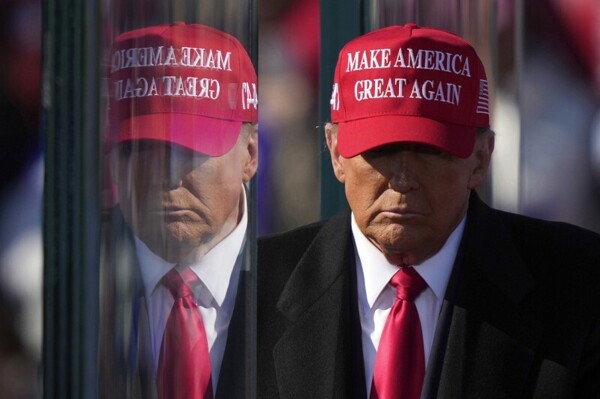
The potential scenario of a trade war between Mexico and the United States, as a result of tariff imposition, presents a prisoner's dilemma where both countries could opt for retaliatory measures. Despite this, there are structural elements suggesting that these measures could be temporary or used as a negotiation tool on other issues.
Trump's focus on issues such as immigration, national security, and trade deficits, as well as his mercantilist vision, are factors to consider in this situation. However, it is essential to remember the advantages of economic integration in the North American region, arising from trilateral trade agreements.
For Mexico, it is crucial to adopt a long-term vision centered on regional trade integration. Dynamic cooperation among the countries in the region is fundamental to maintaining economic stability and trade flow. Furthermore, seeking strategies that prove strategic for the United States in its dispute with China is an important path to follow.
The secondary laws that will regulate the recent constitutional reforms in Mexico also play a crucial role in this scenario. Taking an assertive stance in strategic sectors, such as energy, is essential for effective negotiation with the United States.
The uncertainty regarding Trump's imposition of tariffs, as well as the response that Mexico will provide to this eventuality, poses a challenge in decision-making. The possibility of profitable cooperation and the repetition of the game offer alternatives to find mutually beneficial solutions.
Nash equilibrium, where both parties seek their greatest individual well-being, can lead to a suboptimal outcome for both in a non-cooperative situation. In light of this, it is important to keep dialogue channels open and seek strategies that encourage long-term cooperation for the benefit of both economies.














